Latest
-

-

-
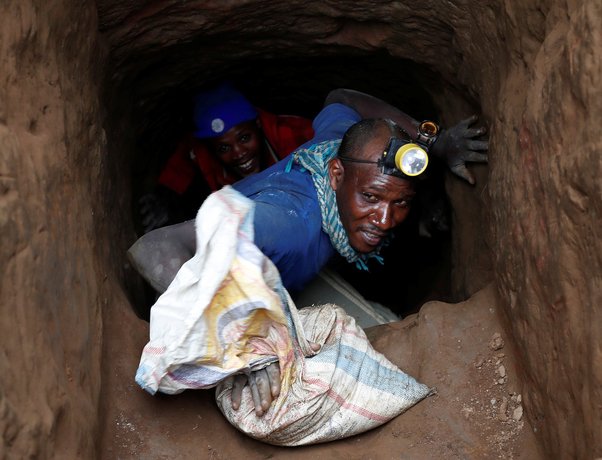
-
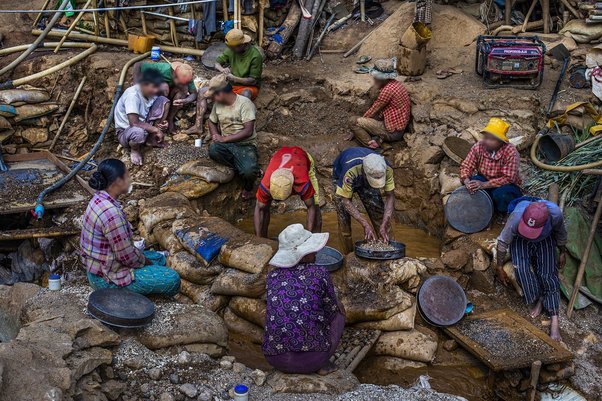
-
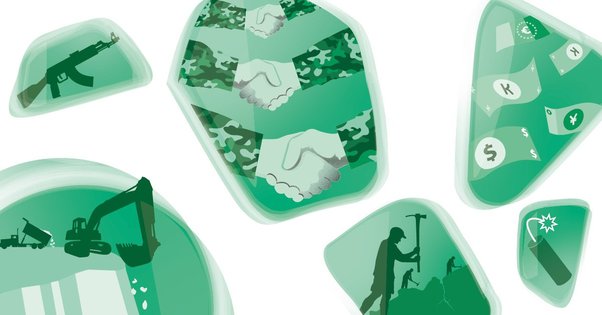
Jade and conflict: Myanmar’s vicious circle
29 June 2021
-

-
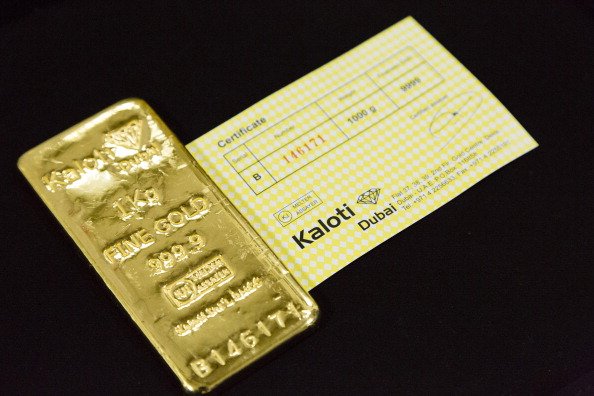
-
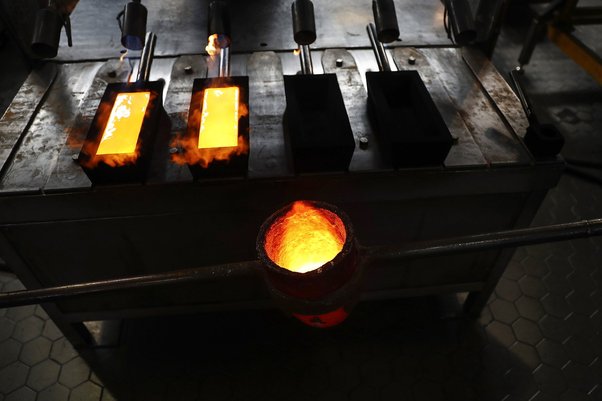
Beneath the shine: A tale of two gold refiners
16 July 2020
